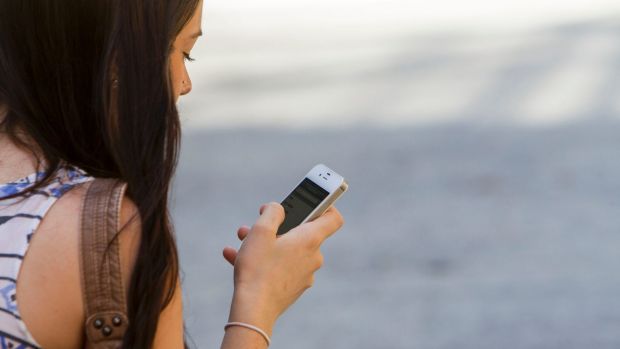
Drinking apps such as ‘Drink Thin’ are encouraging kids to drink heavily.
Educating kids on how not to take up the bottle may start with them putting down their phones.
Or at least regulate gaming apps which encourage them to drink.
A James Cook University research team examined free apps which involved alcohol use across Apple and Android app stores and found 80 per cent promoted heavy drinking.
Social media has been examined for its impact on underage drinking, but the JCU team found that apps had so far escaped the academic gaze, despite smart phone penetration hitting 65 per cent of the population in Australia and with teenagers, that figure is estimated to be at more than 75 per cent.
Professor Lynne Eagle of JCU said the research found $100 million of the alcohol tax revenue in 2010 came from underage drinkers.
She said apps, including ‘Drink Thin’, which encouraged people to drink themselves thin by engaging in an alcohol-only diet and ‘Campus Beer Run – Drunk College Sorority Girls & Frat Boy Party Edition’, where you can play as ‘Sophie Shame’, the drunken walk of shame sorority girl and search the college campus for “just one more beer”, “blatantly encourage unhealthy, unsafe or violent behavior in concert with drinking.”
Professor Eagle, who specialises in marketing communication and what impact “persuasive communication” has on children, said the apps, with their bright colours and cartoon characters were “clearly aimed at young people” – and likely to work.
“Presenting smoking and drinking in an entertainment context encourages young people to start smoking and drinking,” she said.
“There is plenty of material showing that what they are doing is effective.”
But she said it also showed that self-regulation of the industry was not working.
“If the industry can’t effectively regulate itself then it allows the cowboys to develop and use these apps,” she said.
“You don’t want to have to wait for a generation of teens to start showing signs of problem drinking before you act.”
